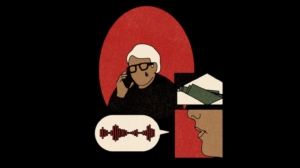Engineers at the University of Waterloo have discovered a new way to program robots to help people with dementia find medications, glasses, phones and other items.
While the initial focus will be on helping a specific target group, the technology will eventually be used by everyone. “The long-term impact of this is really exciting,” said Dr Ali Ayub, an electrical and computer engineering specialist at the university. “The user gets a personalized companion robot that gives them more independence.”
Ayub and his colleagues were struck by the rapidly increasing number of people with dementia. Dementia is a condition that limits brain function, causing confusion, memory loss and disability. Many of these individuals repeatedly forget the location of everyday objects, which impairs their quality of life and places an additional burden on caregivers.
Engineers believed that a care robot with its own episodic memory could change such situations. Engineers managed to use artificial intelligence to create a new type of artificial memory.
The research team started with Fetch, a mobile manipulator robot that has a camera to sense the world around it.
Then, using an object recognition algorithm, they programmed the robot to detect, track, and keep a memory log of specific objects in the camera view through recorded video. Because the robot can distinguish one object from another, it can record the time and date when objects enter or leave the view.
The researchers then developed a graphical interface that allows users to select the objects they want to track and after entering the names of the objects, search for them in a smartphone app or on a computer. When this happens, the robot can show when and where it last looked at a particular object.
Tests have shown that the system is very accurate. And while some people with dementia may find the technology intimidating, Ayub said it can be used by their caregivers.
Source: Science Daily

